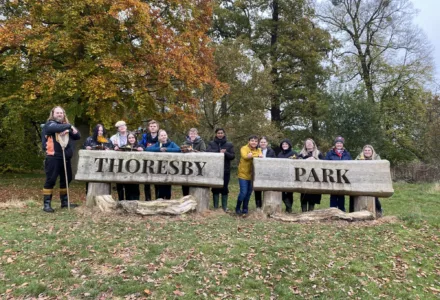The study of history cannot and should not be quarantined from the world around us. The debate about the nature and legacy of Britain’s involvement in slave-trading and imperialism is partly, and quite correctly, one about what kind of nation Britain is now and what kind of a nation it should and could become.
The statue of Colston is not ‘history’: it is a historical artefact, an object. Its main use to a historian is as physical evidence that a group of people in 1895, amidst heightened economic and military competition between white supremacist empires, saw fit to commemorate a long-dead mass murderer in the name of Bristolian civic identity. When the statue was removed these facts were not erased from history, if anything they became better known. If you are really, truly interested in the historical context that led a select group of people to choose a slave trader as a civic icon then there are a lot of books and even a few degree courses where you can learn all about it.
You can read Dr Rhoden's full article on the Social History Society website.
To find out more about how you can uncover new adventures on a History course at BGU, visit our website, book onto one of our Open Events or speak to a member of our Enquiries Team.
Related Posts

Ukrainian student donates published children’s book to campus library

Behind-the-scenes of Education Studies

Dedicated foster carer shares impactful experiences with foundation degree students

Early Childhood Studies graduates: An insight into their journeys

Foundation Year Showcase 2025

Lincolnshire Police deliver insightful talk to Criminology students
